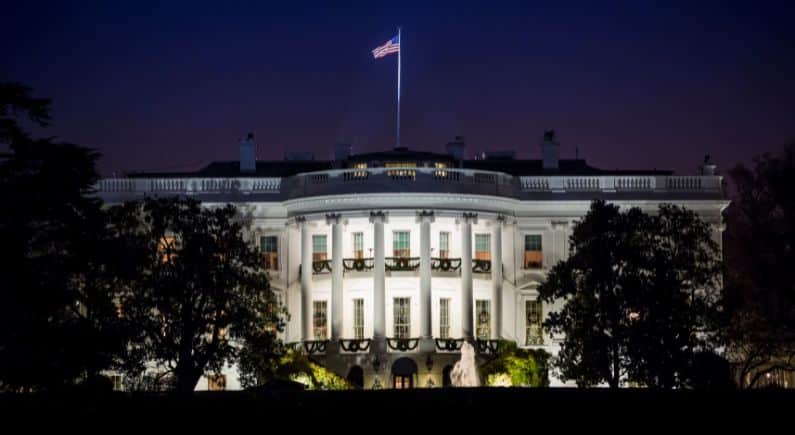- SUMMITS
- NEWS & MEDIA
- SUMMITS
- NEWS & MEDIA

The Senate Agriculture Committee has released a draft bill that would give the Commodity Futures Trading Commission (CFTC) clear authority over spot trading of digital commodities. This is a key step in defining where the CFTC’s role ends and the SEC’s begins. The draft still has unresolved sections and comes at a time when Congress is focused on ending a government shutdown. It’s not law yet, but it signals real progress and gives exchanges, developers, and investors new issues to consider.
The Senate Agriculture Committee’s draft would give the CFTC authority over spot markets for digital commodities. It also proposes registration rules for intermediaries and calls for joint rule-making with the SEC on overlapping areas like portfolio margining. This draft complements the House’s CLARITY Act.
Some parts of the draft are bracketed, meaning they’re still under discussion. These include definitions for DeFi, committee jurisdiction boundaries, and internal governance rules for the CFTC.
The draft highlights areas where the Senate Banking Committee (which oversees the SEC) and the Agriculture Committee (which oversees the CFTC) need to coordinate. Some Democrats have flagged this and want more collaboration before finalising the language.
The core issue in crypto regulation is deciding who oversees what. If a token is a security, the SEC steps in; if it’s a digital commodity, the CFTC takes over, especially for spot trading, according to this draft bill. Clear rules could replace years of legal battles with consistent standards.
While both agencies have tried to define their roles through guidance and enforcement, only Congress can make the final call. This draft from the Senate Agriculture Committee is a step in that direction, aligning with the House’s earlier CLARITY Act.
Key areas that will need negotiation include how assets are defined, when exchanges must register, custody rules, and the scope of joint rulemaking. There’s also a need for clearer treatment of stablecoins, NFTs, and DeFi, which don’t fit neatly into existing categories.
The bill anticipates new requirements for disclosures, recordkeeping, and fees to support regulatory oversight. It also aims to clarify how custody of digital assets should be handled, especially to protect retail users.
The Senate advanced a funding bill to end the 41-day government shutdown, which now moves to the House. While this helps clear the way for legislative work, it doesn’t remove all delays; committee schedules remain tight. Even with progress, crypto legislation competes with budget issues and nominations. Expect slow, staggered movement as committees juggle priorities.
Caroline Pham is currently serving as acting chair of the CFTC while Mike Selig awaits Senate confirmation. The chair’s role is key; they set the pace and focus for rule-making.
The draft leaves DeFi definitions open. Developers who don’t hold user funds are seeking legal protections, while centralised platforms would face stricter rules. This issue is expected to evolve during negotiations. Stablecoins could fall under banking or payment rules, while NFTs raise intellectual property and consumer protection concerns. These areas may be handled in future legislation or separate rule-making.
Both the Agriculture and Banking Committees need to move their versions forward. Some lawmakers are cautious about expanding crypto markets, while others want stronger consumer protections and clearer DeFi rules.
If both committees pass their bills by year-end, they could be merged into a single Senate package. But with a packed legislative calendar, a full vote may not happen until early 2026. DeFi advocates support progress but want clear protections for developers who don’t control funds.
If passed, the bill would create clearer registration paths and compliance rules. Exchanges would need to align with either CFTC or SEC oversight and prepare for joint audits and standardised risk controls. Even with committee votes this year, a Senate floor vote likely won’t happen before Q1 2026. Crypto legislation will compete with other priorities, and final language could still change.